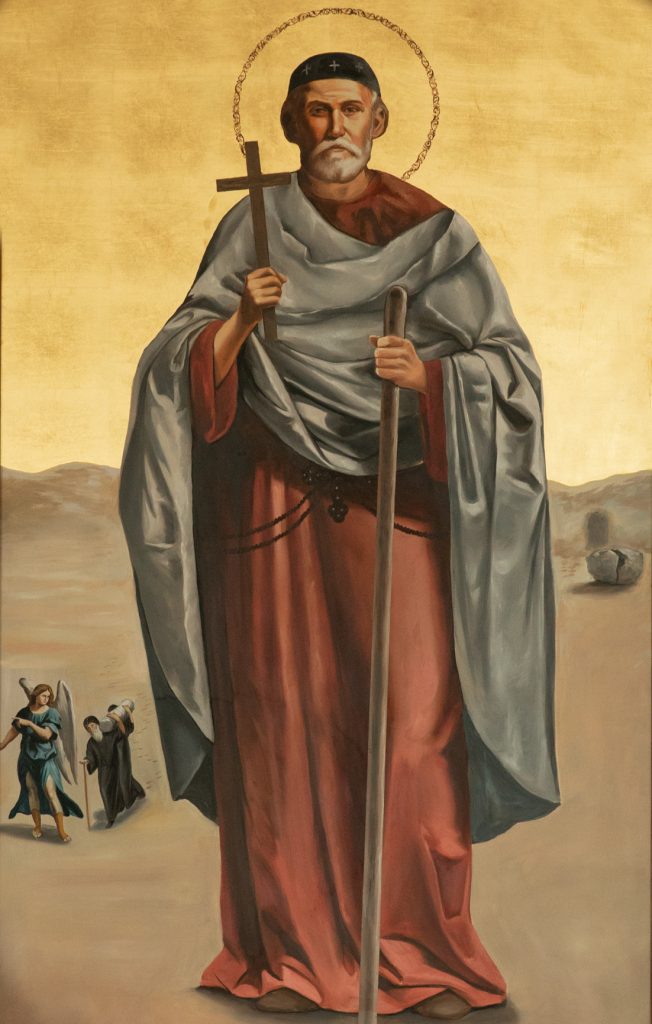
"The Lord is my strength and song, and He has become my salvation."
(Psalm 118:14)

Saint Thomas said to him, “At the time that my soul departs from my body, the large rock that you sit on outside your cell will split in half like a book that you open.”
After visiting Saint Thomas, a disciple of Saint Shenouda proclaimed, " I have just come back from the heavenly Jerusalem carrying many blessings!"
Peace be with you, the bosom friend of God and the beloved of Saint Thomas. The Lord has sent me to carry you to the body of Saint Thomas, that we may wrap it and place it in the earth.
Archangel Raphael